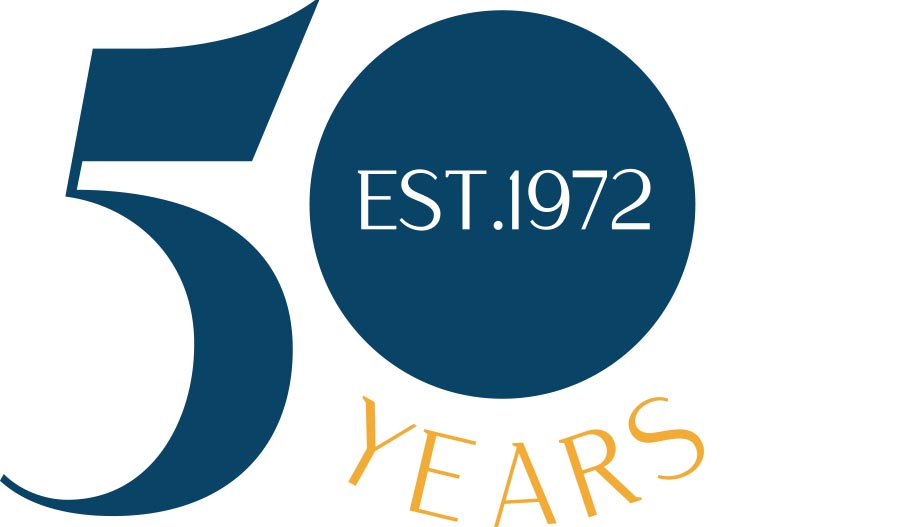CONTACT MARTIN & HILLYER
REQUEST A CONSULTATION
Do you have a question about a legal issue? Wondering if there is something specific we can help you with? Are you unsure if you need a lawyer at all? Just ask! Give us a call or complete this form to arrange an initial consultation (free for all injury and insurance matters) where we can answer your questions and tell you a bit about what to expect from the legal process.
FREQUENTLY ASKED QUESTIONS
CONSULTATIONS
No, your initial telephone or email consultation is always free.
If you are contacting us about a car accident, an injury, an assault, an insurance dispute or another personal-injury related matter, your initial meeting with one of our lawyers will also be free.
For some other types of issues, like wills & estates, employment or business law, there may be a fee for your initial meeting with your lawyer.
Please tell us what sort of issue or question you are contacting us about, and provide us with a brief summary. Make sure you include any important dates.
Don’t submit any sensitive or confidential information using this form – you should wait until we are retained (formally hired to represent you) before sharing this sort of information with us.
We will get back to you within one business day. We will arrange a time for you to speak or meet with one of our lawyers for an initial consultation.
The initial consultation can be conducted in person or over the phone, depending on the type and complexity of your question or issue, and what is most convenient for you.
We will tell you whether or not we can help you with your legal issue and we will provide you with information about what to expect from the legal process so you can make an informed decision about if and how you would like to proceed.
During the consultation, you should feel free to ask any questions you have. Don’t be shy when it comes to asking questions about things like lawyers’ fees and expenses, how long your case may take, what risks you face, and what specific things we can and can’t help you with. It’s important that you have all the information you need to make an informed decision about how you would like to proceed.
The initial consultation is about sharing information: you can tell us about your situation, and we will let you know about the process so you can decide if and how you would like to proceed. But we won’t be able to give you formal legal advice, perform any services, or do anything on your behalf until you have formally retained our services.
An initial consultation does not mean that we have been retained to act as your lawyers.
There is no obligation for you to retain our services or do anything else after the initial consultation. The point of the consultation is to let you know how we can help and to make sure you have all the information you need to make an informed decision about how to proceed.
If you decide to proceed and to retain our services to help you, we will provide you with written confirmation of our retainer. Remember that we aren’t hired to represent you until we have provided you with that written confirmation of our retainer.
This is the first question we will address during the initial consultation. If you don’t need a lawyer, we will let you know. Our goal is to help you understand your rights, responsibilities and the legal process.
It’s important for you to understand how your lawyer will be paid. During your initial consultation, we will speak with you in detail about how our legal fees and expenses will work in your specific case so that you understand all your options before deciding if and how you would like to proceed.
Lawyers usually charge fees in one of three ways:
- A contingency fee is usually used in personal injury and insurance litigation. Under a contingency fee, you do not pay your lawyer’s fees until the end of your case, and the fee depends on the result obtained in your case. Typically, the lawyer’s fee will be a fixed percentage of any amount recovered on your behalf. This means that if nothing is recovered, the lawyer will not charge you a fee. In this way, the risk of litigation can be shared between the client and the lawyer.
When you see headlines in advertising such as “no win, no fee” or “you don’t pay unless we win,” a contingency fee arrangement is what is being referred to. But these headlines can be misleading: what counts as a “win?” Do expenses still have to be paid? How is the fee calculated? We believe it’s important that you understand exactly how a contingency fee will work in your case, so if this option is available to you, we will discuss it in detail with you during your initial consultation.
- In most other cases where a contingency fee is not available, lawyers will charge an hourly rate. When charging on an hourly basis, the lawyer and his or her staff bill you at a set hourly rate for all the time they spend working on your file. Hourly rates are used in most non-litigation work, including real estate, estate planning, corporate and commercial transactions, business law, family law, etc. Hourly rates may also be charged in litigation cases where a contingency fee is not feasible.
- A final option is a flat rate fee, which is only used for routine legal services such as notarizing a document or drafting a simple will or power of attorney.
In addition to fees, lawyers will charge for the disbursements they have to incur when working on your file. Disbursements are expenses that must be paid for over the course of your case and include things like paying court fees, paying doctors for copies of their records or for medical opinions, paying for administrative expenses such as photocopying, couriers and long distance calls, and so on. Disbursements are separate from the lawyer’s fee for the services they provide.
To find out more about the legal fees and expenses that would apply in your case, get in touch with us to arrange a consultation.


